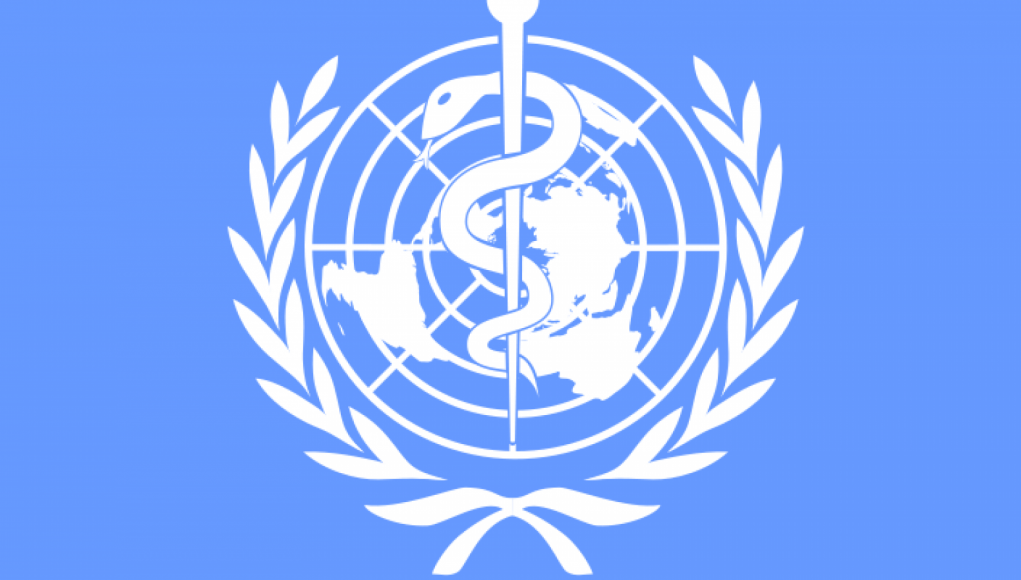Whilst the report suggests bans on almost all vaping products, it placed a special emphasis on so-called ‘open’ systems, as according to the WHO, this system allows for the addition of substances which could make the product more harmful.
Earlier this year, the Executive Coordinator of The Coalition of Asia Pacific Tobacco Harm Reduction Advocates (CAPHRA) Nancy Loucas, explained why this recommendation is ridiculous. “The latest recommendation from WHO defies all logic,” she said. “If countries adopt the recommendation to ban open-system vapes, years of hard work by ex-smokers as well as good public policy will be rendered meaningless.”
“Let there be no doubt: vapers will then go back to cigarettes, which is the worst possible outcome. Banning any product is not the answer, nor is applying blanket cigarette rules to all emerging products. Bans encourage the black market. Bans do not allow for proper consumer protection,” added Loucas.
Health-related regulations should be based on science
Loucas has been calling on governments to base such decisions on science. “Just last week, the UK’s leading health agency, Public Health England (PHE), concluded that nicotine vaping products were the most popular aid used by smokers trying to quit.”
“On the one hand, you have a local public health agency looking into the evidence and ways in which smokers can be encouraged to quit smoking and vape, and on the other you have a global agency stuck in their old ways of believing prohibition is the answer to everything. WHO’s attitude to e-cigarettes has been devastating for millions and millions of smokers and vapers alike all around the world,” said Loucas.
In the UK, the APPG for Vaping, a collection of MPs and Peers whose aim is “to explore the most appropriate parliamentary and regulatory response to e-cigarettes and to raise education and literacy amongst policy makers regarding e-cigarettes and related public policy questions,” are also preparing for the summit. They have invited an industry insider, the Director General of the UK Vaping Industry Association (UKVIA), John Dunne, to advice the UK delegation attending it.
The WHO COP9’s negative repercussions on the vaping industry
As in previous years, the WHO COP9 is expected to have repercussions for vaping industries around the world, aswell as for members of the public who would like to use the products in a bid to quit smoking. To this effect, the APPG hopes that the UK’s progressive approach may inspire other nations to adopt similar strategies.
“The UK has a huge duty of care to take a positive stance and challenge interpretations… Britain’s newly independent status really gives us an opportunity to lead this on the world stage,” said Dunne during the evidence meeting, which was also attended by Professor Gerry Stimson of Knowledge-Action-Change (KAC), Clive Bates of Counterfactual, and Daniel Pryor of the Adam Smith Institute.
The APPG highlights the importance of Tobacco Harm Reduction
Chaired by Mark Pawsey MP, the parliamentary group strives to highlight the public health benefits of harm reduction tools, and the potential benefit they could provide around the world. “I was happy to accept the invitation from the APPG, because the UKVIA believe we have an incredible opportunity to spread the word – that innovative, appropriately-regulated vaping industries save lives. Post-Brexit Britain is newly independent in forums like COP9, and it means we can drive this positive message home like never before,” said Dunne.
“We can be rightly proud of the UK’s record on harm reduction, but we must not be complacent. Regressive, prohibition-style strategies are alive and well internationally, and we must not let them undo all that has been achieved here. A robust, evidence-based approach from the UK can defend the gains we have made domestically, empower positive change internationally and confirm Britain’s role as a world leader in harm reduction.”
Read Further: PR Newswire














So… I take it WHO missed the whole part of vaping that gave birth to open systems, where people were drilling or taking apart closed tanks to rebuild or refill them and someone thought “why aren’t they making ones that are fit for that purpose instead?” And the bit where they are still doing it today with closed pods like Juul.